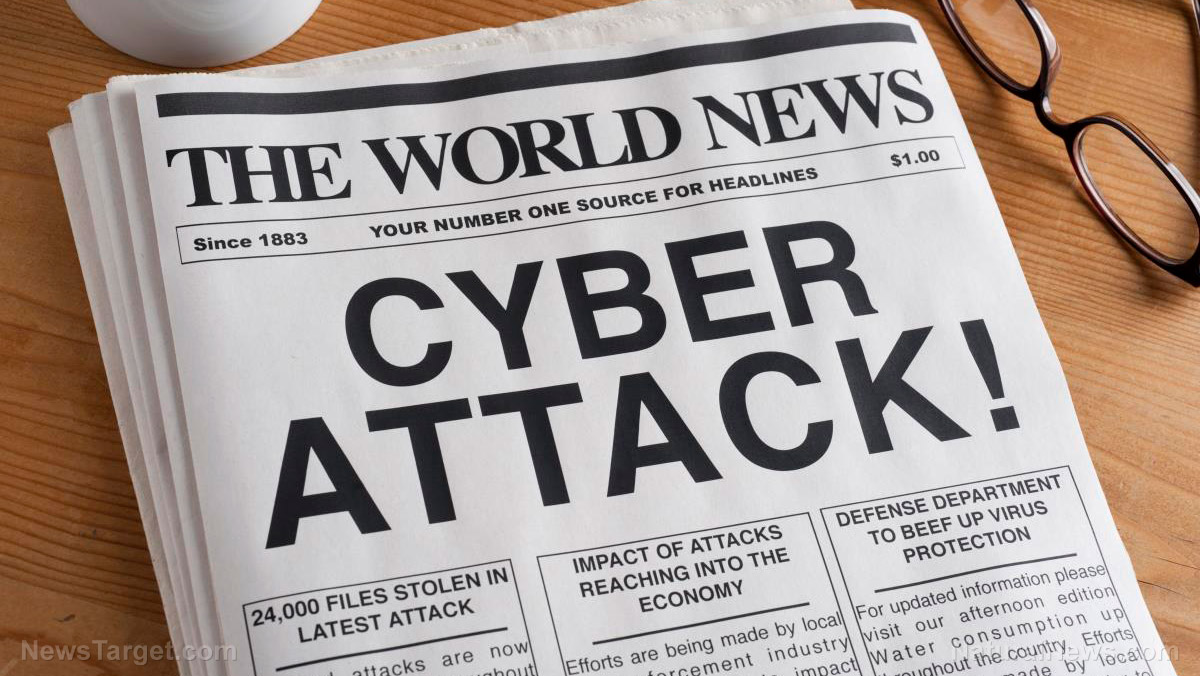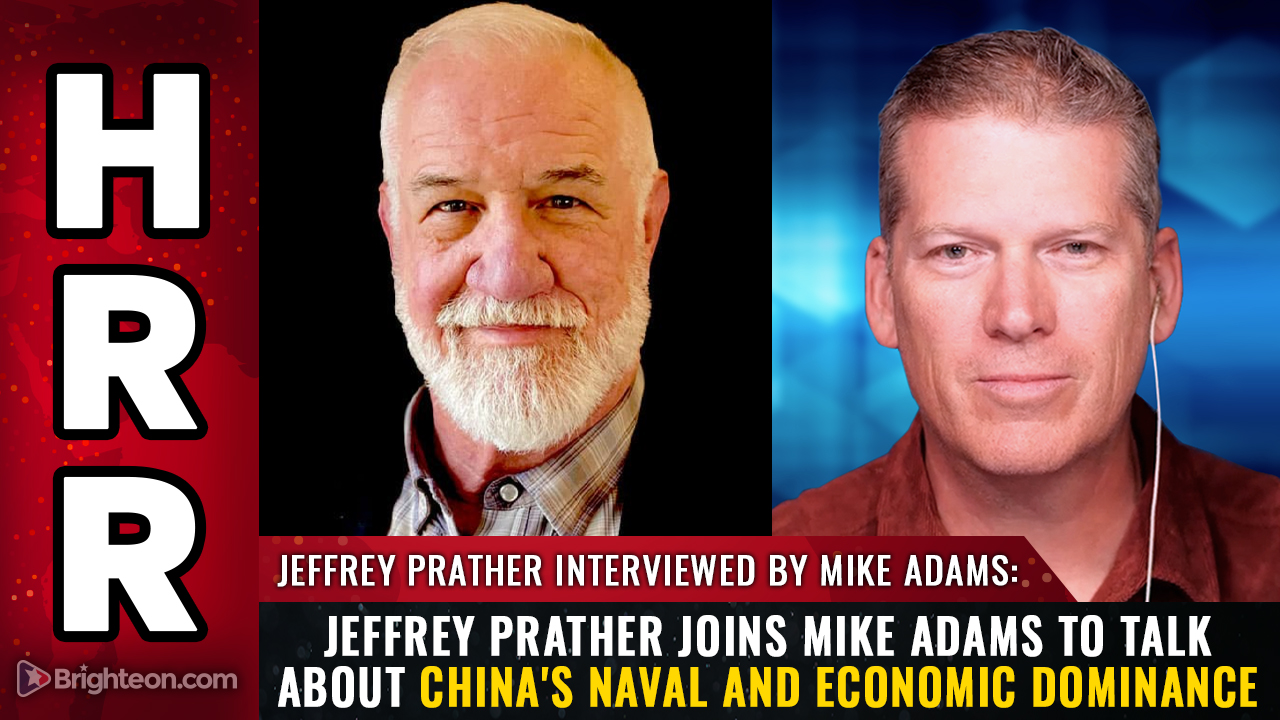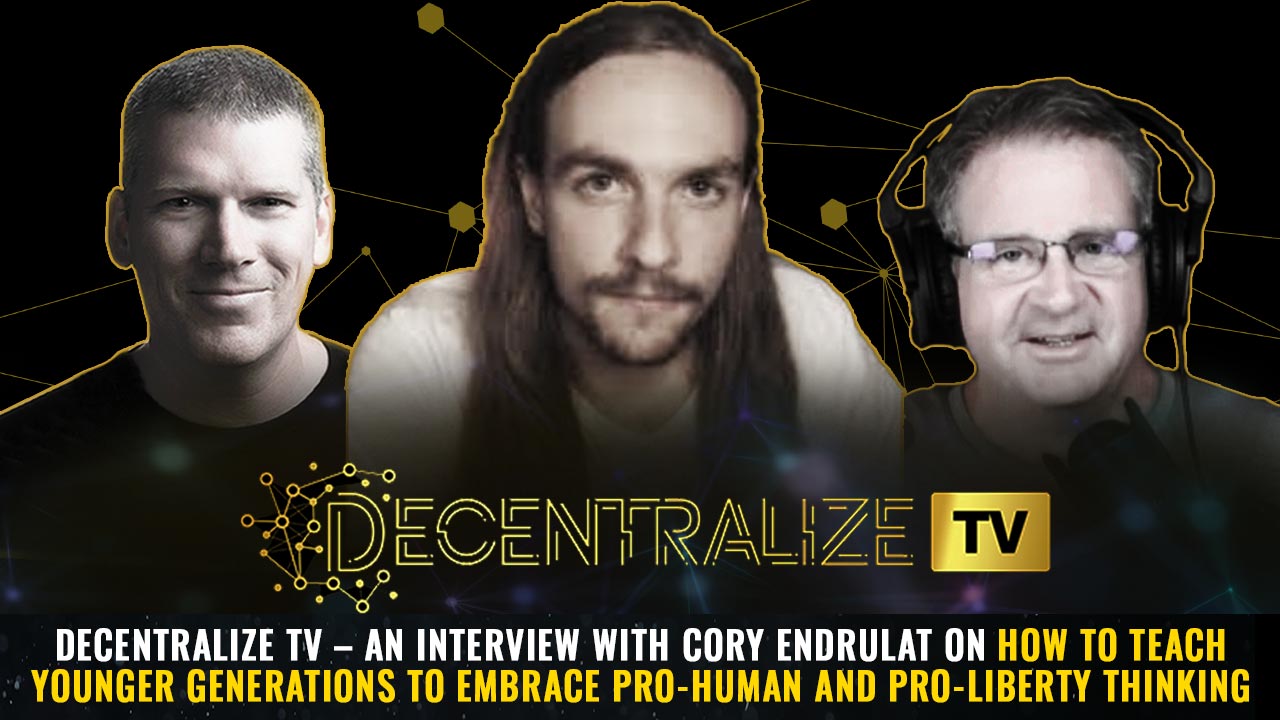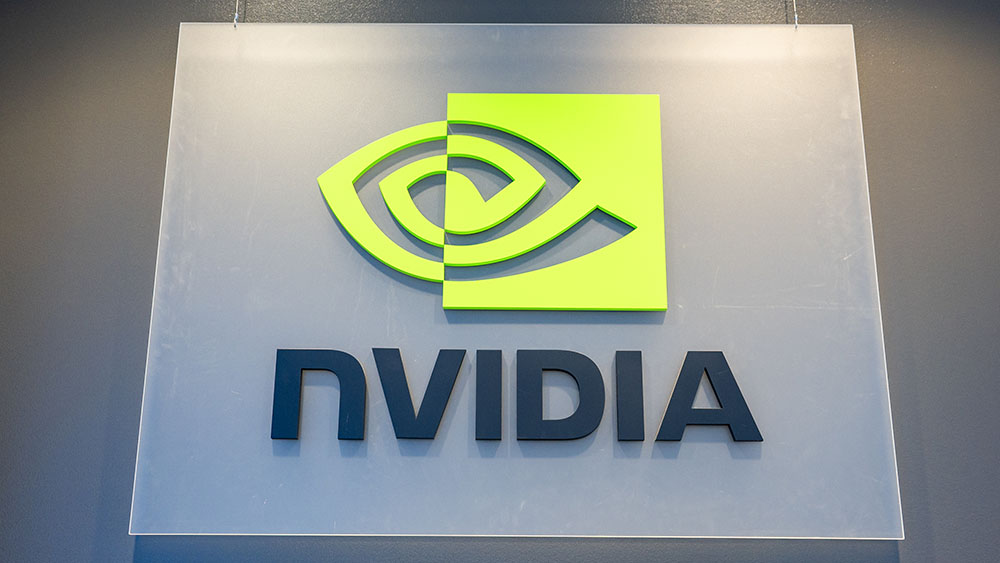Ann Cavoukian and Don Tapscott’s book offers potential solutions for preserving privacy in a hyper-connected society
04/23/2025 / By Belle Carter

- Ann Cavoukian and Don Tapscott’s book, “Who Knows: Safeguarding Your Privacy in a Networked World,” addresses the critical issue of personal privacy in an era dominated by technology and information exchange, emphasizing the need to control personal data in a hyper-connected society.
- The authors highlight a shift from traditional privacy to the freedom of controlling personal information, illustrating this with scenarios like unauthorized access to confidential records, which underscores the fragility of privacy in the digital age.
- They argue that privacy is not just a moral or social concern but a crucial business imperative. Companies can gain a competitive edge by proactively addressing privacy issues, building trust and enhancing customer and employee loyalty.
- The book explores how technology can both threaten and protect privacy. While data breaches and surveillance pose risks, advancements like encryption and privacy-enhancing technologies offer potential solutions, emphasizing the importance of informed decision-making.
- Cavoukian and Tapscott advocate for public education, collective effort and proactive measures to protect privacy. They stress that privacy is a fundamental human right and urge individuals to take responsibility for safeguarding it in an increasingly connected world.
In an era where technology reigns supreme and information flows ceaselessly across global networks, the sanctity of personal privacy is under unprecedented threat. Ann Cavoukian and Don Tapscott’s seminal work, “Who Knows: Safeguarding Your Privacy in a Networked World,” delves into the heart of this pressing issue, offering a comprehensive analysis of the challenges and potential solutions for preserving privacy in a hyper-connected society. First published when the digital revolution was gaining momentum, the book’s insights remain strikingly relevant today, as individuals, businesses and governments grapple with the implications of a world where data is the new currency.
Cavoukian and Tapscott paint a vivid picture of a world where the rapid exchange of information, driven by well-intentioned technological advancements, has inadvertently cast a shadow over personal privacy. They argue that the traditional notion of privacy is being supplanted by a more nuanced understanding: the freedom to control who knows what about us. This shift is exemplified by a scenario they describe, where a hospital clerk browses through a patient’s confidential records during a mundane midnight shift. Such incidents, the authors contend, are more common than one might think, underscoring the fragility of privacy in the digital age.
The authors emphasize that privacy is not merely about hiding information but about maintaining autonomy over personal data. They draw a parallel between the transition from an agrarian society to an industrial economy and the current transformation to a knowledge-based economy. This new economy, characterized by the exchange of information and “know-how,” is fundamentally digital, with networked communications at its core. The authors warn that this shift raises significant social issues, including the question of who will have access to information and how we can preserve our privacy in a networked world.
Cavoukian and Tapscott highlight a growing consensus among businesses, governments and public interest groups that the information highway is key to future economic and social success. They argue that the new networked economy will be driven by the ability to apply information and knowledge to every aspect of our lives. However, this also presents the challenge of protecting privacy, which the authors assert is not just a moral or social issue but an emerging business imperative.
Businesses, they suggest, should proactively address privacy concerns to gain a competitive advantage. By adopting enlightened approaches to customer, employee and market privacy, companies can build trust and loyalty, ultimately enhancing their market position. The authors advocate for a combination of government regulation, industry-developed privacy codes, personal and corporate responsibility and technological solutions that embed privacy protection from the ground up.
The book explores various areas where privacy is at risk, including consumer, medical and workplace privacy. Cavoukian and Tapscott provide practical suggestions for individuals to protect their privacy in daily transactions. They emphasize that technology can both threaten and protect privacy, acting as a double-edged sword. For instance, while data breaches and surveillance technologies pose significant risks, advancements such as encryption, anonymization and privacy-enhancing technologies offer promising solutions.
Cavoukian and Tapscott call for public education and awareness, urging individuals to understand the importance of privacy and to take action to protect it. They advocate for a collective effort to ensure that privacy is preserved in the face of technological advancements. As they eloquently state, “Privacy is something we all value; it’s a basic human need in our society today.”
In conclusion, “Who Knows: Safeguarding Your Privacy in a Networked World” is a compelling call to action. It challenges readers to think critically about the choices they make and the steps they take to protect their privacy. The book serves as a reminder that privacy is a fundamental human right and that vigilance is essential in preserving it in an increasingly connected world. As the authors aptly put it, “The future of privacy is in our hands.”
Learn more about safeguarding your privacy in a networked world by watching the video below.
This video is from the BrightLearn channel on Brighteon.com.
Sources include:
Submit a correction >>
Tagged Under:
Ann Cavoukian, anonymization, data breach, digital age, Don Tapscott, encryption, future tech, human right, hyper-connected society, networked world, privacy watch, surveillance
This article may contain statements that reflect the opinion of the author
RECENT NEWS & ARTICLES
COPYRIGHT © 2017 INFORMATIONTECHNOLOGY.NEWS



















